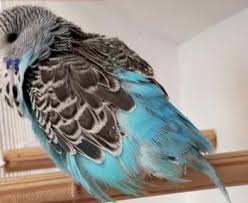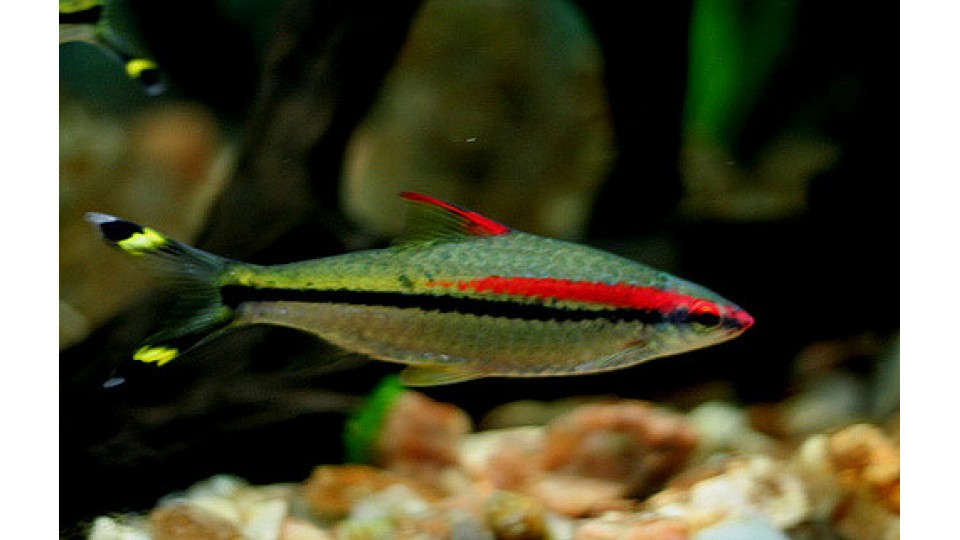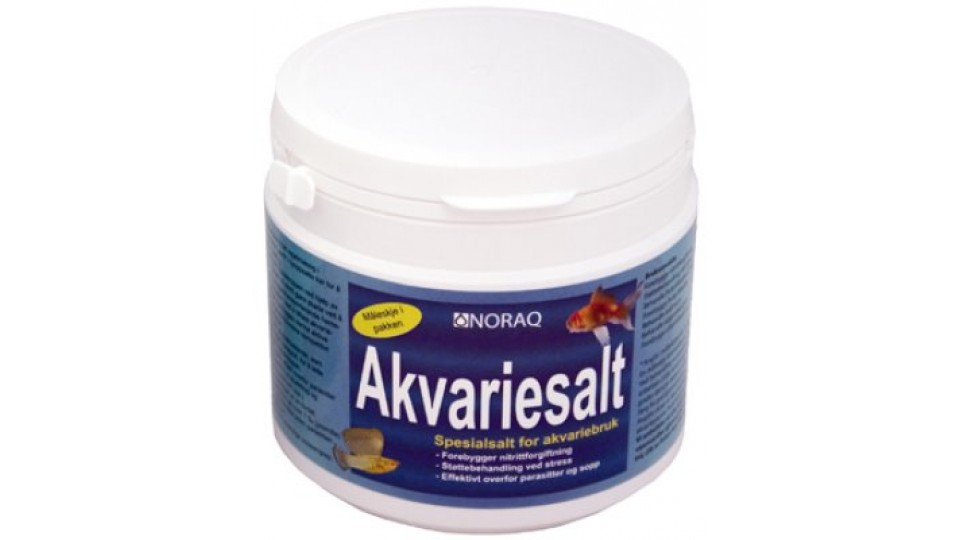
Image depicts missing flight and tailfeathers. This is typical of acute PBFD virus in young budgerigars less than 5-6 weeks of age. Some birds may recover and become persistently infected (PI-birds).
Click to listen to the article...
Evert Jor, DVM/Researcher and Former budgerigar breeder
Introduction
As
described elsewhere we detected PBFD virus in all cases of French Molt (FM).
PBFDV is a
small, very environmentally resistant, circovirus, similar to CAV (Chicken
Anemia Virus). It is shed from infected birds in feather dander and faeces.
This makes infected nesting sites (i.e. nestboxes) a primary reservoir for the
virus. We have also detected PI birds, and they are a common occurrence in
breeding colonies IF you keep infected chicks after an outbreak. There is a
real possibility that you will end up with the disease being “endemic” in your
colony if you keep chicks from an outbreak – even if they don’t show symptoms.
Disease management
during an outbreak in a naïve colony
If you want to get rid of the disease totally the advice is:
* Rest adult breeding birds for at least 8 months.
1. * Don’t keep any chicks raised during
the outbreak, some of them will become persistently infected (PI) birds and will be
a source of new infections in the aviary.
2. * Use an appropriate disinfectant either a 10% Clorox (household bleach) solution or Virkon S. Wash and disinfect the aviary once a week during the 8 month resting period.
3. * Get rid of old nestboxes in good time before commencing breeding after at least 8 months rest. Alternatively sterilize in moist heat at 120 Celsius (250 degrees Fahrenheit) for at least 1 hour - for example by washing nest boxes prior to baking in an oven at the recommended temperature.
4. * Get rid of or disinfect vacuum cleaners
and fans thoroughly. Feather dust is a source for reinfection.
This method has been applied to at least 3 aviaries – all with favourable outcomes. No more FM in these 3 breeding operations.
Disease
management in colonies with endemic infection and PI (persistently infected)
birds
If you don’t
want to or are unable to get rid of the infection you should stick to max. 2
rounds of breeding per pair/year to keep the immunity of the females to the
virus at an acceptable level. Antibodies against the virus is transferred to the chicks in the egg. Keep good hygiene in the nestboxes while there
are chicks there to prevent weaning immunity in the chicks.
Important! Don’t sell any birds to naïve (free of PBFDV) flocks as this will cause an outbreak of French molt in the recipient flocks.
Virus testing by PCR
There
are several commercial laboratories that offer testing by PCR for APV and
PBFDV. We recommend swabs from nestboxes with chicks with symptoms or pin
feathers with visible changes as sample matrixes. For APV faeces may be a
better choice.
Laboratories you may use:
https://gendika.com/webshop/birds/bird-diseases/pbfd-diagnosis/?lang=en
https://www.genimal.com/no/dna-tests/bird/pbfd-bird/
These labs also test for Avian polyomavirus in faeces if you want to rule that out.
 The PBFD virus strains that cause French molt are somewhat distinct from most other PBFD virus parrot strains. It seems that at least 2 strains of PBFDV are relatively specific to budgerigars and are circulating between flocks (https://pubmed.ncbi.nlm.nih.gov/20658313/). I do not recommend using FM-nest boxes for other parrot species as there is a risk of spill-over of the virus!
The PBFD virus strains that cause French molt are somewhat distinct from most other PBFD virus parrot strains. It seems that at least 2 strains of PBFDV are relatively specific to budgerigars and are circulating between flocks (https://pubmed.ncbi.nlm.nih.gov/20658313/). I do not recommend using FM-nest boxes for other parrot species as there is a risk of spill-over of the virus!
Good luck!
Evert Jor, DVM/researcher and former budgerigar breeder
Questions may be sent to evert.jor@gmail.com and I will give you veterinary advice free of charge.
This advice
was up to date 11.11.2025.




